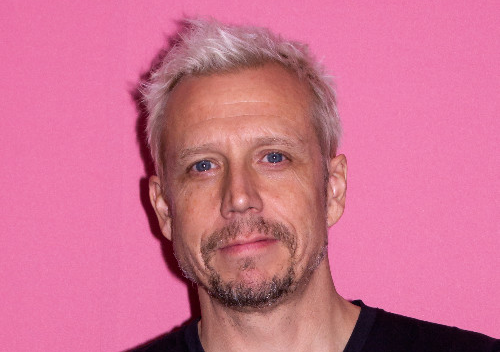
After meticulously going through about 700 entries at the Cannes Health & Wellness Awards, I couldn’t help but sigh at some of the submissions that lean on cultural references a little too much. When you come across brands jumping on the back of every single nuance, my “this is b@#$*%!t” alarm starts to flash and I’m on high alert. But it’s not just me.
No vibrant scene with silk-laden streets can disguise the “trying too hard.” This lovely fascia makes for a wonderful case study film, but the colors pale and the credibility lies in tatters, like the rags of a street child, when it turns out to be a one-trick pony built to be trotted around the shows.
I worry that we have a new third world problem in healthcare: the growing trend for seeing these countries as an award goldmine that are used to make a health idea with a gimmicky solution. I know we’ve all at some point been guilty of this, but I feel it’s time to rein in the urge and think about how the brand can truly raise the standard of care, democratize it and create a long-term difference long after the medals are handed out.
Having said all this, I did come across brands and organizations that were genuinely making an effort in this direction. For example, Dr Pee, a tablet that you could buy from a store; pop it in your toilet and when you pee, it can detect certain health issues by changing to different colors. There was also the Puck, piece of technology that did a similar thing just to detect male diabetes.
Then there was a wonderfully designed hand-held ultrasound, a life-changing product that will help hundreds of pregnant women in rural areas. The cool bit is they created a prepaid system that makes it easy for nurses to access the device so they can scan and report their findings back to a specialist via a live feed, allowing mom to see the ultrasound of her baby on an iPad screen — all without going to a hospital, which is out of reach.
I also loved this beautifully designed pack that helps parents learn how to become mental health counselors for their children. It’s something we could do with here in Australia.
There was even a “law” that was created in Brazil helping the 1,300 rape cases a day — one victim every minute. They gave it a name: the next minute law. It allowed immediate and free assistance to rape victims in public hospitals. This was all supported with an online and outdoor campaign.
So, let’s keep on solving these third world and developing world problems the right way. Don’t be a “culture miner” for gold. We can all see straight through it.
Toby Pickford is chief creative officer at Ogilvy Health Australia, part of the WPP Health Practice.






